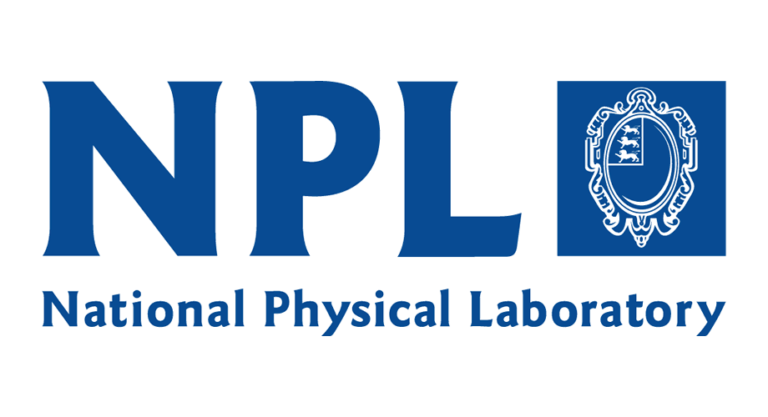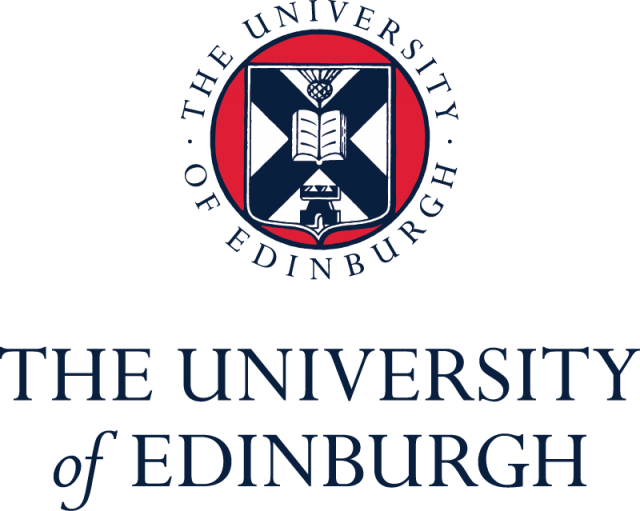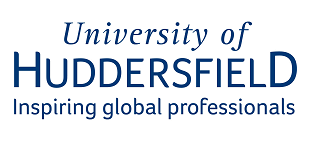Project Description
Laser Rangefinders are a key element of modern sensor systems and can range up to 20km with an accuracy of less than 1m. Thales UK produced the first in-service laser rangefinder in 1965, just a few years after the invention of the laser, and have been designing and manufacturing laser systems ever since. The recent emergence of Quantum Technologies will provide the next chapter in the development of laser rangefinders, promising unprecedented performance and reduction in size, weight and power.
This project will explore Single Photon Avalanche Detectors (SPADs) and novel sources for next generation laser rangefinders. SPADs form part of Quantum Technologies 2.0 which has seen heavy investment in device R&D in recent years and new detectors are just coming on-line that enable full system integration and evaluation for the first time. You will be one of the first researchers to build novel SPAD-based long range laser rangefinders. Both novel detectors and bespoke laser sources will be explored. The project will be a mix of theoretical modelling and experiment to understand and predict system performance and to envisage what future products may look like.
The EngD will be based at Thales in Glasgow, and you will use their ranging facilities and laser labs for the work. But you will also have the opportunity to spend time within Heriot-Watt University’s Institute of Photonics and Quantum Sciences.
Diversity and Inclusion at Thales | Thales Group
CDT Essential Criteria
A Masters level degree (MPhys, MSc) at 2.1 or equivalent.
Desire to work collegiately, be involved in outreach, undertake taught and professional skills study.
Project Desirable Criteria
Background in Physics with an interest in lasers and advanced semiconductor photonic devices. Experience in both theoretical and experimental work, for example undergraduate labs.
The CDT
The CDT in Applied Photonics provides a supportive, collaborative environment which values inclusivity and is committed to creating and sustaining a positive and supportive environment for all our applicants, students, and staff. For further information, please see our ED&I statement: https://bit.ly/3gXrcwg.
Forming a supportive cohort is an important part of the programme and our students take part in various professional skills workshops, including Responsible Research and Innovation, and attend outreach training.









